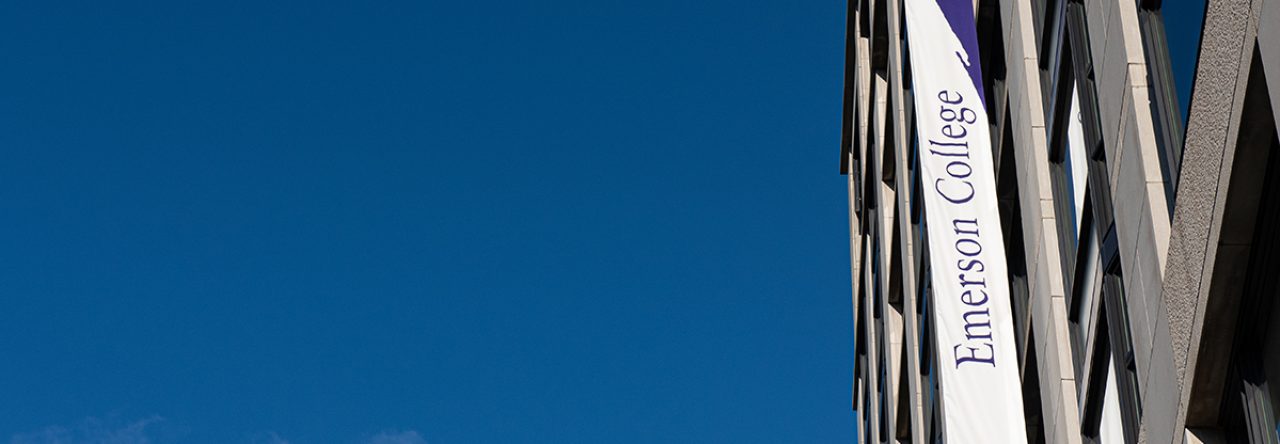Announcement of the New ORCS Pre-Approval System for Grant Proposals
Beginning in September 2023, a faculty or staff member who is planning to submit an application for external funding must first complete and submit a Pre-Approval request using ORCS’s new…
